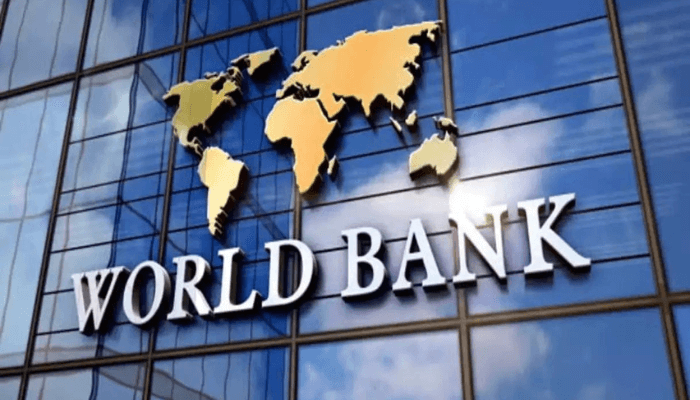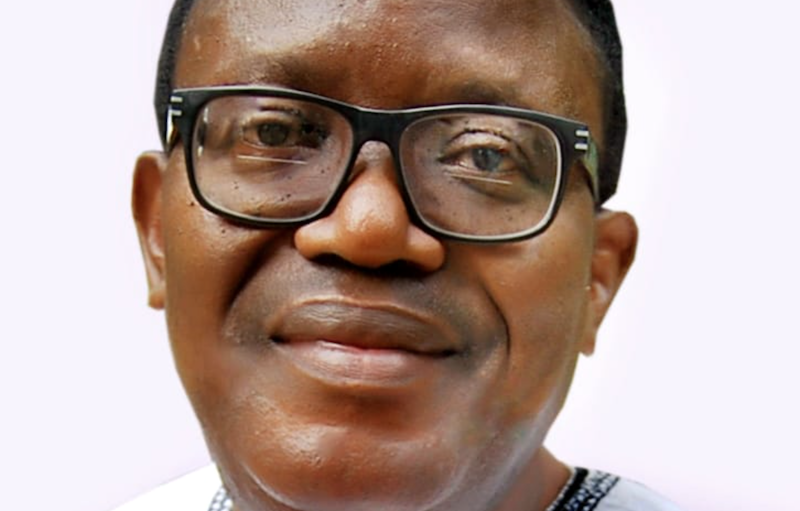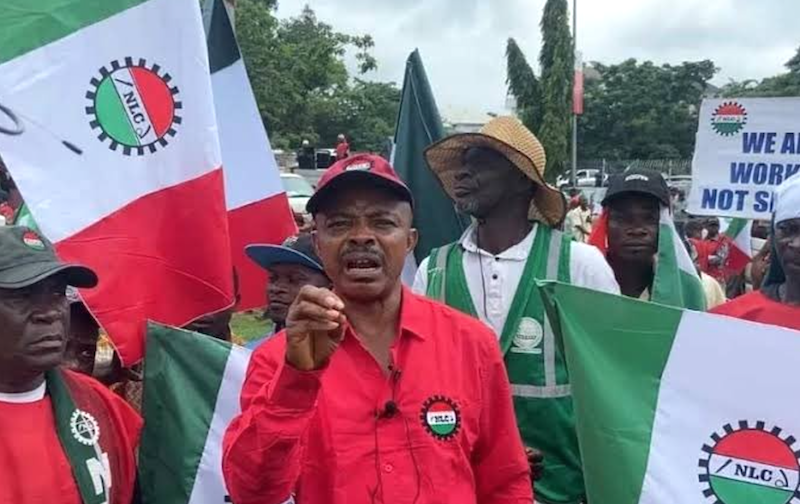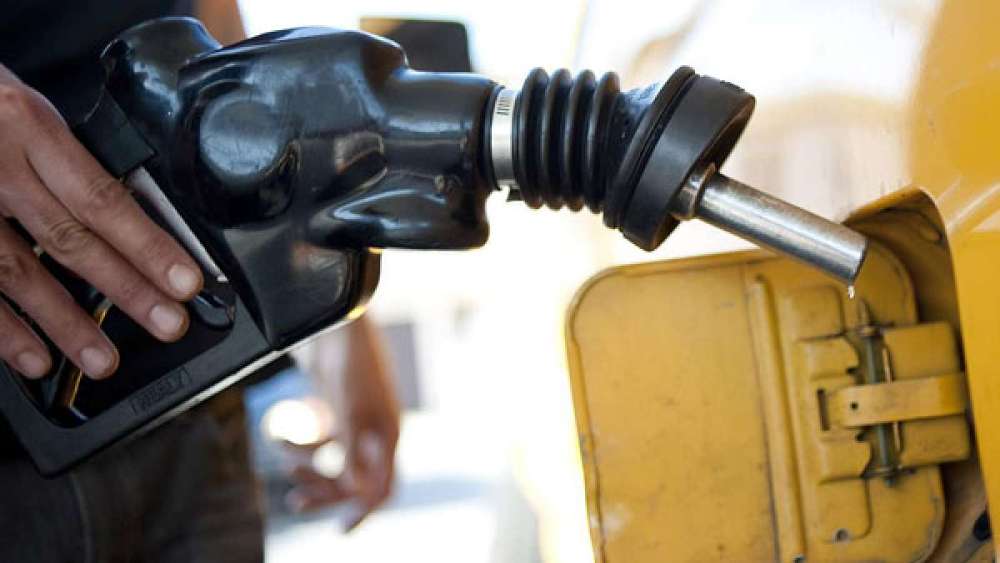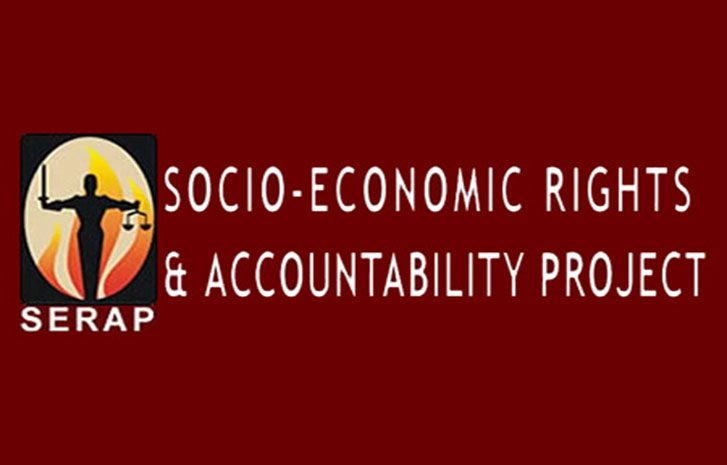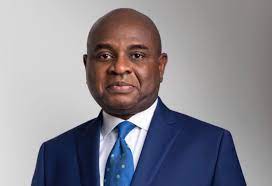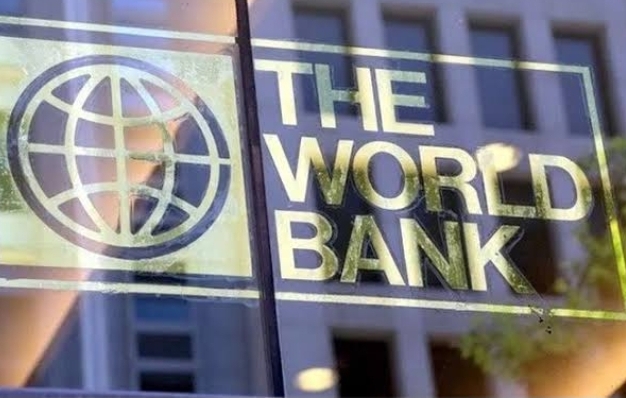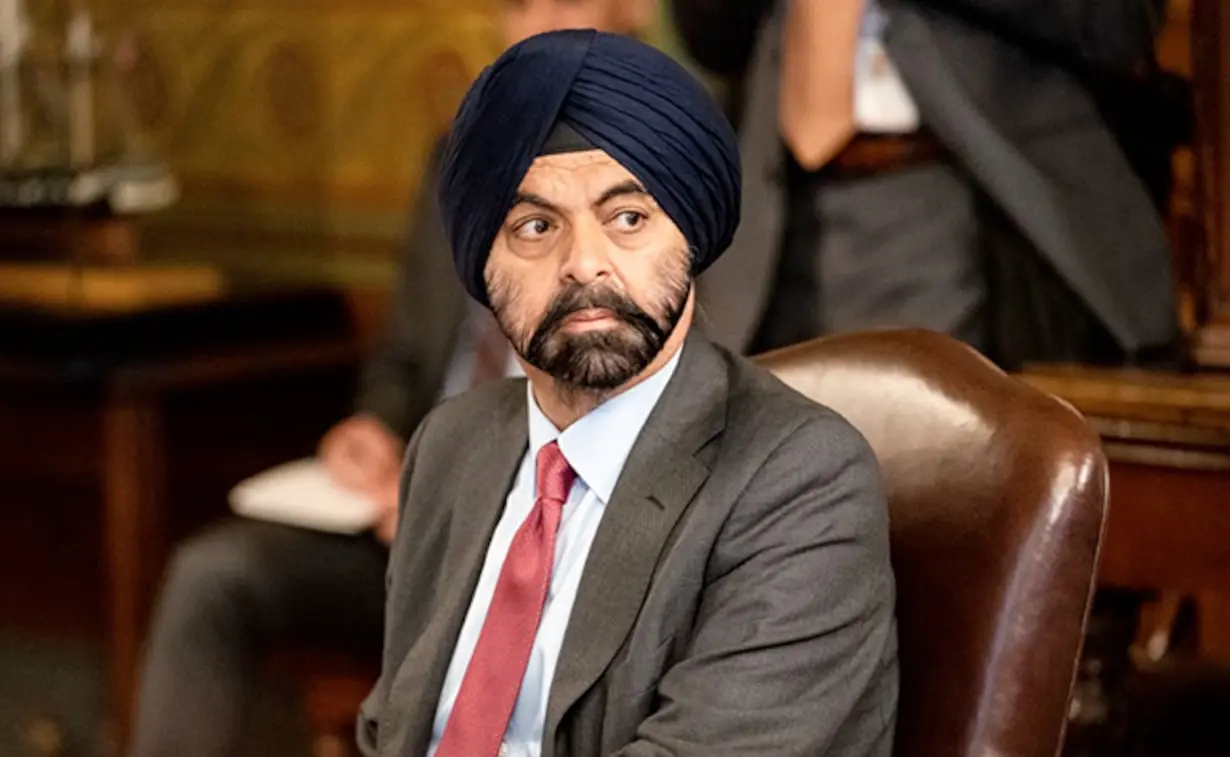Socio-Economic Rights and Accountability Project (SERAP) has urged the World Bank President Mr Ajay Banga “to promptly, transparently and effectively conduct investigation into spending of loans and other facilities by the country’s 36 state governors and to suspend any loans and funding if there is relevant admissible evidence of mismanagement or diversion of public funds by any of the states.”
SERAP also urged the Bank to “suspend further applications for loans and any other funding to the 36 states until these states are able to satisfactorily explain details of spending of loans and other facilities obtained from the Bank and its partners.”
Many of the country’s 36 states are allegedly mismanaging public funds which may include loans obtained from the Bank and its partners, and allocations from the Federal Government, which may also include loans obtained from the Bank.
In the letter dated 25 November 2023 and signed by SERAP deputy director Kolawole Oluwadare, the organization said: “The World Bank and its partners cannot continue to give loans and other funding to these states where there are credible allegations of mismanagement or diversion of public funds.”
SERAP said, “We are concerned that there is a significant risk of mismanagement or diversion of funds linked to the Bank’s investments in many of the country’s 36 states. It is neither appropriate nor responsible lending to give loans to these states only for the loans to be misspent.”
The letter, read in part: “The World Bank’s lending, and support for these states may create the impression of complicity in the allegations of mismanagement or diversion of public funds by the states which may include loans from the Bank and its partners, and federal allocations.”
“We would consider the option of pursuing legal action should the World Bank fail or fail to implement the recommendations contained in this letter, and we may join the country’s 36 states in any such suit.”
“According to Nigeria’s Debt Management Office, total public debt portfolio for the country’s 36 states and the Federal Capital Territory is N9.17 trillion. The Federal Government’s total public debt portfolio is N78.2 trillion.”
“SERAP also urges you to demand expressed commitment from Nigeria’s 36 governors to address credible allegations of mismanagement or diversion of public funds in their states and provide guarantees that loans and funding from the Bank and its partners would not be used to fund the luxurious lifestyles of politicians.”
“SERAP urges the Bank to send independent monitors to the 36 states to monitor the spending of the loans and other funding obtained from the Bank and its partners to remove the risks of mismanagement or diversion of public funds by these states.”
“The World Bank currently has a portfolio of about $8.5 billion spread across the country. The Bank has also approved several loans and other funding facilities to the country’s 36 states including the recent $750 million credit line meant to the states carry out reforms to attract investment and create jobs.”
“The accounts of Nigeria’s 36 states are generally not open to public scrutiny as many of them continue to refuse freedom of information requests seeking transparency and accountability in the spending of public funds.”
“The World Bank and its partners need to make clear to Nigeria’s state governors that it would not tolerate any mismanagement or diversion of public funds by immediately suspending any pending loans and other funding to them until the allegations of mismanagement or diversion of public funds are investigated.”
“The Bank has a legal responsibility to ensure that suspected perpetrators are brought to justice, and that any mismanaged or diverted public funds are returned to the treasuries of the states.”
“The World Bank has the legal obligations to observe and promote compliance with the Nigerian Constitution 1999 [as amended] and domestic laws including the Fiscal Responsibility Act of 2007.”
“Nigeria’s total public debt stock, including external and domestic debts, increased to N46.25 trillion or $103.11 billion in the fourth quarter of 2022.”
“Many states reportedly owe civil servants’ salaries and pensions. Several states are borrowing to pay salaries. Millions of Nigerians resident in these states continue to be denied access to basic public goods and services such as quality education and healthcare.”
“Several state governors are also reportedly spending public funds which may include funding obtained from the Bank and its partners and allocations from the Federal Government to fund unnecessary travels, buy exotic and bulletproof cars and generally fund the lavish lifestyles of politicians.”
“The country’s 36 states have reportedly spent N1.71tn on recurrent expenditures, including allowances, foreign trips, office stationery, and aircraft maintenance in the first nine months of 2023.”
“In Abia State, the government reportedly spent N397,520,734.84 on ‘feeding and welfare’ and N223,389,889.84 on ‘refreshments and meals.’”
“The Akwa Ibom State government has reportedly spent N92.54bn on allowances and social contributions, social benefits, travel and transport, utilities such as electricity chargers, Internet access charges, and on materials and supplies such as office stationery, drugs, laboratory and medical supplies, maintenance, training in the first two quarters alone.”
“The government has also reportedly spent N10m on hosting/mobilisation of political associations and interest groups, and N841.83m on entertainment at meetings.”
“The Adamawa State government has reportedly spent N40.90bn on non-salary expenditure as of the end of quarter three, 2023 including on furniture allowance, travel and training, domestic and foreign, office stationery and consumables, and refreshments and meals.”
“The Anambra State government also reportedly spent N15.17bn frivolous items, as of the end of quarter two, 2023. While Bauchi State government reportedly spent N70.25bn on frivolous items, Bayelsa State government spent N58.26 on travel, welfare packages, burial logistics, meeting expenses, ‘praise night/thanksgiving expenses’, and ‘marriage ceremony support’.”
“In Lagos State, N440,750,000 was reportedly awarded to the Office of the Chief of Staff for the “procurement of a brand new bullet-proof Lexus LX 600 for use in the pool of the Office of Chief of Staff.” Some N2bn was also reportedly budgeted to buy rechargeable fans, rechargeable lights and fridge in the Office of the Deputy Governor.”
“The Benue State government reportedly spent N34.44bn on ‘special day celebrations’ ‘welfare packages’, ‘security votes’, and materials and supplies such as office stationery, and books.”
“According to reports, Borno, Cross Rivers, Delta, Ebonyi states also respectively spent N32.63bn, N43.71bn, N152.15bn, N30.91bn, and N41.11bn on frivolous items and the public funds may have been mismanaged or diverted.”
“Ekiti State reportedly spent N31.33bn on local and international travel and transport, miscellaneous such welfare packages, refreshments, honorarium and sitting allowances. According to reports, both Enugu and Gombe states respectively spent N33.36bn and N24.73bn on frivolous items and the public funds may have been mismanaged or diverted.”
“Imo State government reportedly spent N58.21bn on refreshments and meals, welfare packages, and other allowances. Jigawa State reportedly spent N49.64bn on transport and travelling, materials and supplies including drugs, vaccines, medical supplies, and stationeries.”
“According to reports, Kaduna, Kano, Katsina, Kebbi, Kwara and Kogi states also respectively spent N27.87bn, N17.79bn, N40.49bn, N24.51bn, N41.19bn, and N58.02bn on frivolous items and the public funds may have been mismanaged or diverted.”
“Section 41 of the Fiscal Responsibility Act provides: ‘Government at all tiers shall only borrow for capital expenditure and human development.’”
“Section 44 of the Fiscal Responsibility Act provides: ‘Any Government in the Federation or its agencies and corporations desirous of borrowing shall, specify the purpose for which the borrowing is intended and present a cost-benefit analysis, detailing the economic and social benefits of the purpose to which the intended borrowing is to be applied.’”
“Under Section 45, ‘All banks and financial institutions shall request and obtain proof of compliance with the provisions of this Part before lending to any Government in the Federation. 2) Lending by banks and financial institutions in contravention of this Part shall be unlawful.’”
“The World Bank and its partners have obligations under international anticorruption and human rights law, including a responsibility to promote transparency and accountability in the management of public funds, prevent mismanagement or diversion of public funds, and redress any abuse of public trust that they may have contributed to.”
“As a UN specialized agency, the World Bank also has an obligation to promote transparency and accountability in the management of public resources and effective implementation of the UN Convention against Corruption to which Nigeria is a state party.”
“The World Bank’s board of executive directors also has an obligation to ensure that the policies and decisions of the Bank are consistent with their own statutes and governments’ transparency and accountability obligations.”
